5 ways giving is Good for you
So whether you buy gifts, volunteer your time, or donate money to charity, your giving is much more than just a one off chore.
It may help you build stronger social connections and even jumpstart a cascade of generosity through your community. And don’t be surprised if you find yourself benefiting from a big dose of happiness in the process.
1. Giving makes us feel happy.
A 2008 study by Harvard Business School professor Michael Norton and colleagues found that giving money to someone else lifted participants’ happiness more that spending it on themselves (despite participants’ prediction that spending on themselves would make them happier). Happiness expert Sonja Lyubomirsky, a professor of psychology at the University of California, Riverside, saw similar results when she asked people to perform five acts of kindness each week for six weeks.
These good feelings are reflected in our biology. In a 2006 study, Jorge Moll and colleagues at the National Institutes of Health found that when people give to charities, it activates regions of the brain associated with pleasure, social connection, and trust, creating a “warm glow” effect. Scientists also believe that altruistic behavior releases endorphins in the brain, producing the positive feeling known as the “helper’s high.”
2. Giving is good for our health.
A wide range of research has linked different forms of generosity to better health, even among the sick and elderly. In his book Why Good Things Happen to Good People, Stephen Post, a professor of preventative medicine at Stony Brook University, reports that giving to others has been shown to increase health benefits in people with chronic illness, including HIV and multiple sclerosis.
Researchers suggest that one reason giving may improve physical health and longevity is that it helps decrease stress, which is associated with a variety of health problems. In a 2006 study by Rachel Piferi of Johns Hopkins University and Kathleen Lawler of the University of Tennessee, people who provided social support to others had lower blood pressure than participants who didn’t, suggesting a direct physiological benefit to those who give of themselves.
3. Giving promotes cooperation and social connection.
When you give, you’re more likely to get back: Several studies, including work by sociologists Brent Simpson and Robb Willer, have suggested that when you give to others, your generosity is likely to be rewarded by others down the line—sometimes by the person you gave to, sometimes by someone else.
These exchanges promote a sense of trust and cooperation that strengthens our ties to others—and research has shown that having positive social interactions is central to good mental and physical health. As researcher John Cacioppo writes in his book Loneliness: Human Nature and the Need for Social Connection, “The more extensive the reciprocal altruism born of social connection . . . the greater the advance toward health, wealth, and happiness.”
What’s more, when we give to others, we don’t only make them feel closer to us; we also feel closer to them. “Being kind and generous leads you to perceive others more positively and more charitably,” writes Lyubomirsky in her book The How of Happiness, and this “fosters a heightened sense of interdependence and cooperation in your social community.”
4. Giving evokes gratitude.
Whether you’re on the giving or receiving end of a gift, that gift can elicit feelings of gratitude—it can be a way of expressing gratitude or instilling gratitude in the recipient. And research has found that gratitude is integral to happiness, health, and social bonds.
Robert Emmons and Michael McCullough, co-directors of the Research Project on Gratitude and Thankfulness, found that teaching college students to “count their blessings” and cultivate gratitude caused them to exercise more, be more optimistic, and feel better about their lives overall. A recent study led by Nathaniel Lambert at Florida State University found that expressing gratitude to a close friend or romantic partner strengthens our sense of connection to that person.
Barbara Fredrickson, a pioneering happiness researcher, suggests that cultivating gratitude in everyday life is one of the keys to increasing personal happiness. “When you express your gratitude in words or actions, you not only boost your own positivity but [other people’s] as well,” she writes in her book Positivity. “And in the process you reinforce their kindness and strengthen your bond to one another.”
This article has been sourced from the following: https://greatergood.berkeley.edu/article/item/5_ways_giving_is_good_for_you



